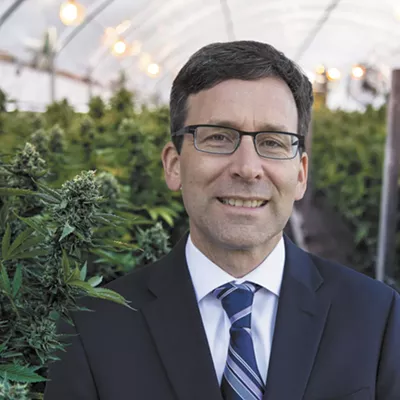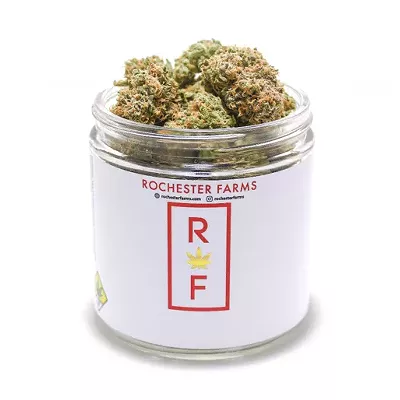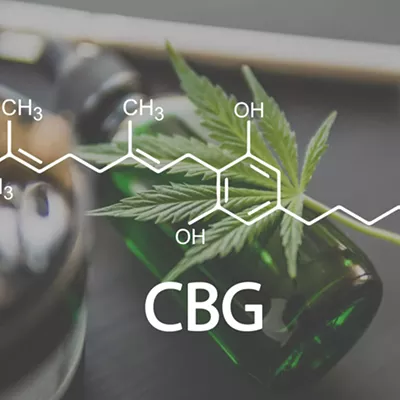Long before the cannabis industry was an economic engine here in the Inland Northwest, mining led the way. Among the many impacts that industry has left to this day, the damage it did to our water supply is among the most notable and certainly pernicious.
Heavy metal contamination is not just an issue for our drinking water, but also for the water we use to grow our crops. And yes, one of those crops is now cannabis.
The boom that mining once brought to Spokane now echoes in the danger it presents to those who smoke our cannabis.
In the state of Washington, testing cannabis for heavy metals may seem like a no-brainer, but as it stands, only some consumers receive that information.
As far as state law is concerned, if you're a recreational cannabis consumer who wants to know the heavy metal content of the cannabis you consume... well, you may want to hire your own laboratory.
State law does not require disclosure of test results for heavy metals in recreational cannabis.
Instead, WAC 314-55-102 states: "Heavy metal screening is optional for non-DOH compliant product."
DOH is the Department of Health, and "DOH compliant product" refers to medical marijuana.
For recreational marijuana, testing for that stuff is just optional.
This June, HB 1453 took effect, allowing for a tax exemption on medical cannabis, which must pass heavy metal testing.
Clearly, the state sees potential heavy metal contamination as a problem for medical marijuana, but do those concerns extend to recreational cannabis? Based on state law, it appears not.
You can actually buy weed at a discount — if it passes heavy metal testing — on the medical market. But on the recreational market? Good luck even finding out the heavy metal content of the product, let alone getting a tax exemption.
Multiple readers have reached out to the Inlander in recent months with concerns about the heavy metal content of recreational cannabis. As for an answer, there isn't one.
Except maybe to complain.
We are a representative democracy, after all, and our lawmakers are supposed to work for us. If they're willing to safeguard customers in the medical marijuana industry, maybe their constituents can get them to safeguard customers in the recreational industry as well.
Maybe, but we might have to test that first. ♦






















